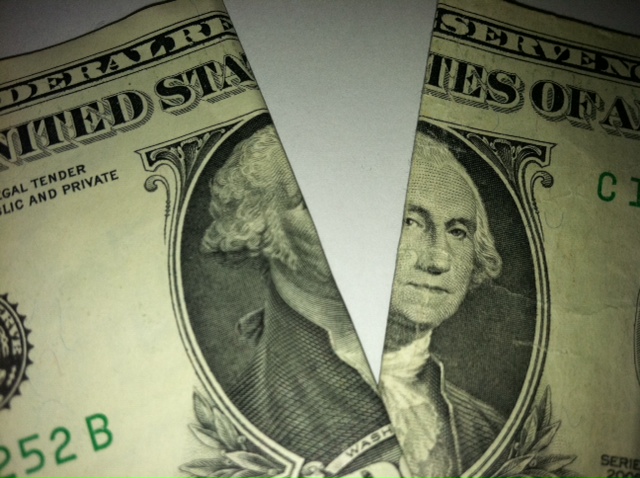Banking, finance, and taxes
Zions Comes Up Short on Bank Stress Tests: The Dividend Can Wait
Published:
Last Updated:
Zions Bancorporation (NASDAQ: ZION) was the one large bank which did not meet the criteria of the latest stress tests that the banks were rallying ahead of. What is interesting is that this was not baked into the cake because the rally was up 3.2% at $32.99 on Thursday.
News wires that were given access to the Federal Reserve data showed that Zions Bancorp fell short on the minimum capital levels. At the low point of a theoretical recession, Zion’s Tier 1 common ratio would be only 3.5%. The Fed wanted to see 5% as a base under that scenario.
Keep in mind that under the severe recession guidelines, it is a scenario where unemployment hits 11.25% and where GDP would be down 5%. Another focal point was for housing prices to be down by 25%.
Zions has a yield of 0.5% with a $0.04 per quarter dividend for its common stock. Even when you consider that this was raised from only $0.01 per share per quarter in 2013, this 0.5% yield is just too low to attract many investors.
Zions will reportedly resubmits its capital plans to the Federal Reserve in April. Zions was trading down 1.5% at $32.50 in the after-hours, against a 52-week range of $23.10 to $33.33.
If you’re one of the over 4 Million Americans set to retire this year, you may want to pay attention.
Finding a financial advisor who puts your interest first can be the difference between a rich retirement and barely getting by, and today it’s easier than ever. SmartAsset’s free tool matches you with up to three fiduciary financial advisors that serve your area in minutes. Each advisor has been carefully vetted, and must act in your best interests. Start your search now.
Don’t waste another minute; get started right here and help your retirement dreams become a retirement reality.
Thank you for reading! Have some feedback for us?
Contact the 24/7 Wall St. editorial team.